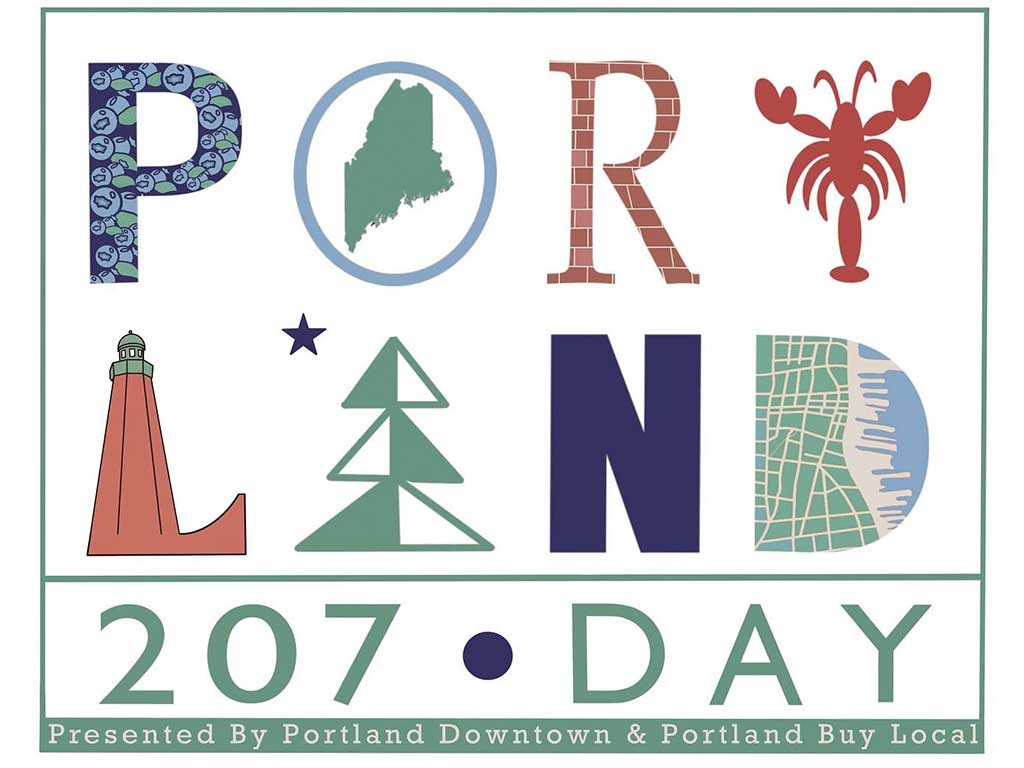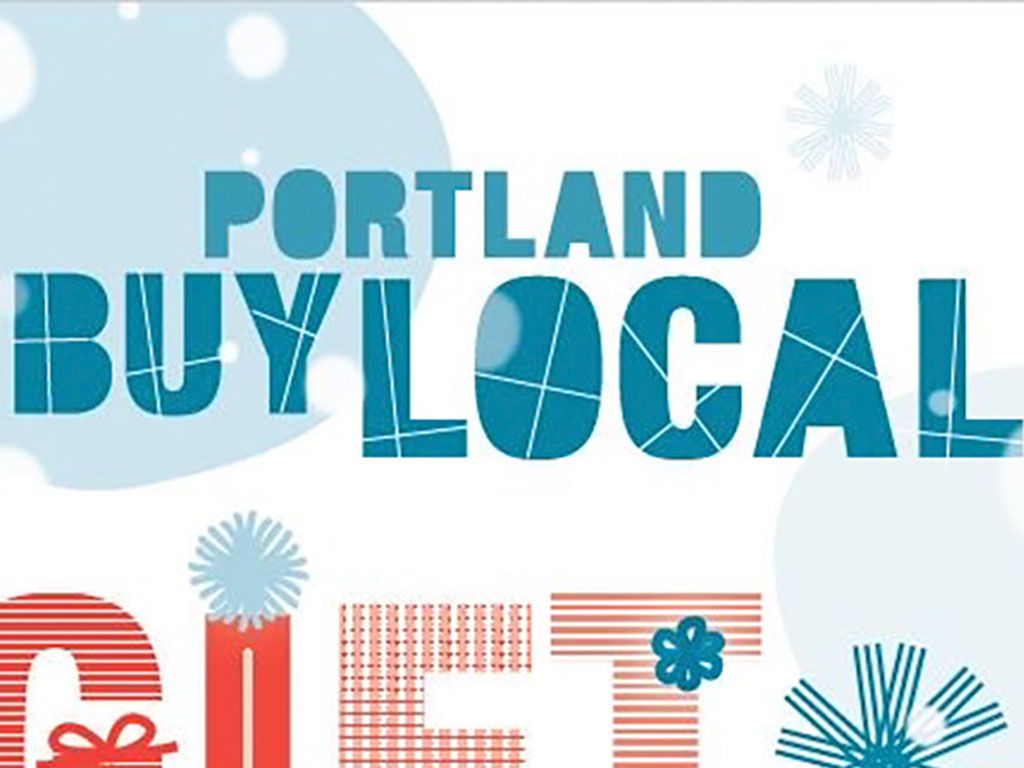By Mary Alice Scott

–WEN File Photo by Emilia Scheemaker
Writing a column that will be relevant for the whole month of April 2020 feels like an unusually daunting task. I am writing this at the end of March, when it has been hard to keep up with changing recommendations and legislation on any given day, let alone for a whole month.
COVID-19 has dramatically changed the lives of everyone in our community, and the individuals behind our local businesses – their owners and their staff – have been particularly hard hit. At this point, the City of Portland has extended their Stay at Home order until April 27th, continuing the closure of non-essential businesses to at least their public-facing operations.
Local business disruption
Rather than trying to predict the future or make suggestions for how to support local businesses that may or may not be relevant in the month ahead, I thought I would spend a little time talking about the policy and structural reasons that this public health crisis has led to more disruption for local businesses than for larger companies.
In mid-March, we were proud to put forth proposals to the federal government with other organizations like ours across the country to support local businesses.
Our five asks were for:
- Grants and subsidies to bridge the crisis
- Low- and no-interest loans
- Federal bailouts should not exacerbate market concentration
- Suspend evictions, foreclosures, and utility shut-offs
- Support for employees and customers
We pushed Maine’s congressional delegation for those asks, and were glad that grants, subsidies, and no-interest loans were made available or expanded as part of the third coronavirus-related stimulus package.
Half of small businesses have less than 27 days of cash reserves – and restaurants have an average of only 16 days.
In our communications with Maine’s congressional delegation, we cited a study from 2016 that indicates half of small businesses have less than 27 days of cash reserves – and restaurants have an average of only 16 days.
These small local businesses operate on thin margins, and as a percentage, donate much more to charitable non-profits and give-back to their communities than big chain stores do.
We entered this public health crisis with a system that advantaged corporate consolidation and did not enforce antitrust measures. Although small businesses did receive some funding from the federal stimulus package, large corporations received access to a much larger pool of funds with fewer restrictions on the usages.
At Portland Buy Local, we always urge our community to support local businesses through every means they can, but we know that public policy is what shapes the ability for local businesses to succeed.
Local business leads…
COVID-19 has changed the landscape for our communities in so many ways, and local businesses acted as leaders during the emergence of this public health crisis. They preemptively closed before elected officials asked them to, they even circulated petitions asking for closures to protect the health and safety of our community. Now many will be at risk of failing because of a lack of support from public policy.
If you want to join our efforts to support local businesses, be in touch – email info@portlandbuylocal.org for more information.





